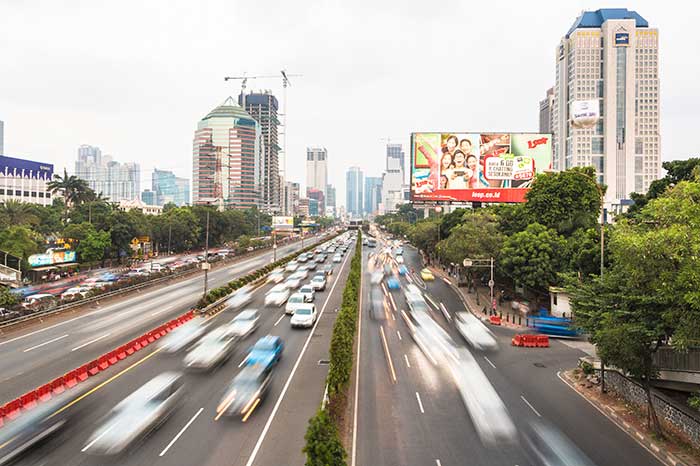Indonesia_istock.jpg

Jakarta, Indonesia
Running from 2016 to 2020, the country partnership framework will be one of the largest country programmes for the bank and will see the development of infrastructure, poverty-reduction programmes and the leveraging of private sector capital.
Alex van Trotsenburg, World Bank east Asia Pacific vice president, said its six-decade partnership with Indonesia “is stronger than ever” and that the country stands poised to seize opportunities and emerge even stronger in the face of global and domestic challenges.
The plan will see the release of $7.5bn from the bank’s International Bank for Reconstruction and Development, and up to $3bn in equity, loans, guarantees and mobilisation from the bank’s International Finance Corporation.
A more active Multilateral Investment Guarantee Agency programme will also work to bolster political risk assessment and non-payment guarantees.
The framework is aligned with Indonesia’s national mid-term development plan, known as the RPJMN. It outlines six areas of engagement between the bank and the government, the private sector and other development partners.
These include national infrastructure programmes, sustainable and reliable energy programmes, the development of the maritime economy and connectivity, programmes to help the government collect and spend revenue more effectively and the improvement of local government services.
The plan also entails a comprehensive and stepped up effort to protect the country’s vast natural resources, including efforts to fight peat fires and deforestation to reduce carbon emissions and help build sustainable livelihoods for the poor.
Forest fires have been raging in Indonesia since July. Originally started intentionally as a cheaper method of clearing forests for new planting, they are destroying diverse habitats, exacerbating deforestation, causing significant health problems among the population and damaging the region’s economy.
The framework also calls for cross-sectoral engagement to leverage private sector investment, strengthen the business climate and improve the functioning of markets ‒ but all interventions must aim to reduce inequality and eliminate extreme poverty.
Meanwhile, the bank also approved a $500m loan to support policy improvements by the Indonesian government to encourage private sector investment in clean and sustainable renewable energy, especially geothermal – Indonesia’s second largest renewable energy source.













